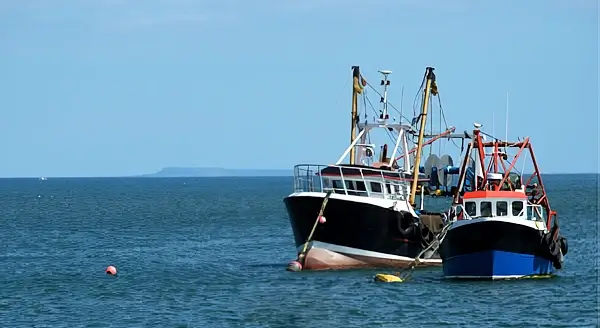A new UK trial is set to revolutionize the fishing industry by awarding quotas to fishers who demonstrate environmental, social, and economic benefits.
This initiative aims to enhance sustainable fisheries management and support local economies, marking a significant step towards a more sustainable and profitable future for the industry.
Sustainability at the Forefront
The 2025 Quota Application Mechanism trial in the UK is a groundbreaking effort to promote sustainability within the fishing industry.
By allocating quotas based on criteria such as improved fishing gear and local employment, this initiative seeks to balance environmental conservation with economic prosperity.
The trial includes English non-sectoral vessels and will distribute approximately 8,658.8 tonnes of quota.
Economic Advantages for Coastal Communities
This innovative approach not only supports sustainable practices but also bolsters local economies by providing additional quotas that stabilize fishers’ incomes.
By ensuring year-round employment opportunities, it helps maintain vibrant coastal communities while offering consumers more sustainable seafood options.
Industry Leaders Applaud New Approach
Industry leaders have expressed strong support for this initiative. Dale Rodmell, Chief Executive of Eastern England Fish Producers Organisation Ltd., praised the government’s efforts in recognizing environmental and social benefits in quota allocation.
Paul Stone from Stone Marine Services (South West) Ltd highlighted how this approach diversifies options for fishers and improves fish quality.
Positive Outcomes for Fish Stocks
- Encourages investment in improved fishing gear
- Supports local employment through quota allocations
- Promotes long-term protection of fish stocks
- Enhances community benefits by preserving traditional fishing heritage
- Sets a precedent for international fisheries management practices
A Step Towards Global Influence
This trial could potentially influence global fishing policies by setting an example of integrating environmental criteria into quota allocations.
As other countries observe the UK’s commitment to sustainability, they may adopt similar practices, contributing to worldwide efforts in combating overfishing and preserving marine ecosystems.
Additional Reading
In Conclusion
The UK’s innovative quota allocation trial represents a crucial step towards balancing conservation with economic growth in the fishing industry.
By rewarding sustainable practices, it not only supports local communities but also sets an example for global fisheries management strategies aimed at protecting marine ecosystems.
Sources: UK Government, Department for Environment, Food & Rural Affairs and Daniel Zeichner MP.
Ivan Alexander Golden, Founder of THX News™, an independent news organization dedicated to providing insightful analysis on current events, prepared this article.









